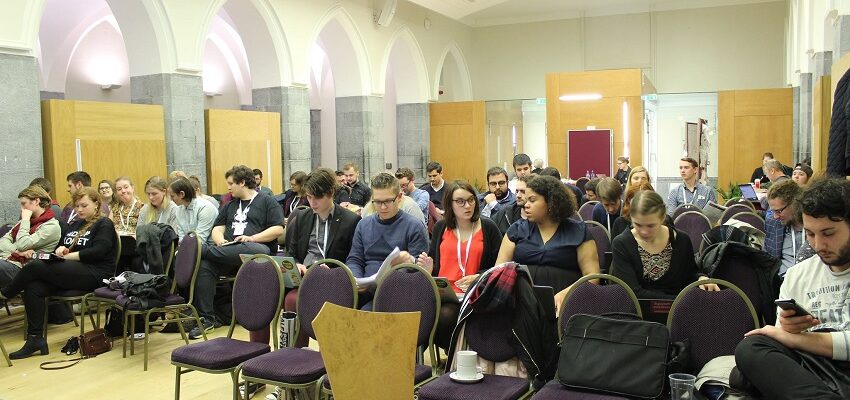
ESC33: Students discuss access to higher education and the consequences of Brexit
GALWAY – Student representatives from across Europe gathered in Galway, Ireland, for their 33rd European Student Convention between 6-8 March 2017 to reflect on accessibility of higher education and Brexit consequences.
The event was hosted by the National University of Galway, Ireland (NUIG) – one of Ireland’s seven universities and the leading university in the promotion of the Irish language.
Tackling education inequalities as a means to cut the fuel of xenophobia and hate-speech
“With rising inequalities across Europe and within societies, discussions around inclusion strategies and the social dimension of higher education are crucial if we want to have everyone on board in the XXIst century. Tackling education inequalities head-on is also cutting the fuel of xenophobic rhetorics and hate-speech.” says Lea Meister, President of European Students’ Union.
Removing barriers to accessing higher education – between lack of interest and frustration
Mature students, students with disabilities and those from low socio-economic backgrounds are often interrelated categories that face multiple barriers in accessing higher education. This can range from financial barriers, lack of academic/emotional support to childcare costs and bureaucracy.
Online, blended learning can be one of the solutions to remove the above-mentioned barriers, if coupled with teaching students how to be online learners and flexibility on the side of the institutions. However, the same issues around resources, recognition, quality and social protection remain.
An optimist proposal was to build a social Europe from universities. For instance, national access plans around Europe and the European pillars of social rights could be positive initiatives in this sense if tuition fees are scrapped and support schemes set in place. A common thread was the need to make sure that these initiatives are not just empty words and to understand that by bringing tools to increase accessibility we’re all benefiting.
Universities forced to rethink their inclusion and internationalisation strategies in light of Brexit
Brexit left many young people feeling like a marginal majority has taken away a part of their citizenship. On the other hand, Brexit may not have happened without the population’s missing knowledge about the functioning of the EU and their feelings of being left out of the European integration and higher education. Now, with less international students expected in UK and rising tuition fees for future non-EU UK students, universities are forced to rethink their internationalisation strategies. A lot of uncertainty still remains.
#Repealthe8th
On 8th March, during the last day of the Convention, students shared their support for USI’s campaign on women’s rights #repealthe8th – in reference to the 8th amendment of the Irish constitution stating that a pregnant woman has no right over her body.
